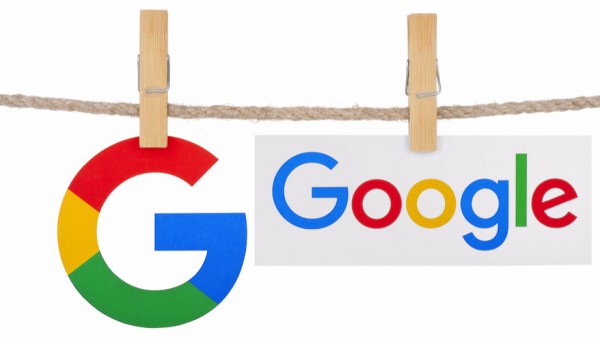Google turns evil and backs controversial Trans-Pacific Trade Partnership (TPP)

The Trans-Pacific Trade Partnership, or TPP, is a controversial trade agreement which has been decried by many as limiting privacy and freedom of expression, as well as lacking transparency. Google has just announced that it supports TPP.
While the TPP has been signed by the Obama administration back in February, it is still to be approved by congress. In the meantime, many companies, organizations and interest groups have spoken out against it. Google admits that the TPP is not perfect, but joins the likes of Microsoft in lending its support.
In a post on Google's Public Policy Blog, SVP and General Counsel Kent Walker described the TPP as a 'step forward for the internet'. This is in contrast to the Electronic Frontier Foundation's view that it is "a secretive, multinational trade agreement that threatens to extend restrictive intellectual property (IP) laws across the globe and rewrite international rules on its enforcement".
There are 12 countries involved in TPP (US, Japan, Australia, Peru, Malaysia, Vietnam, New Zealand, Chile, Singapore, Canada, Mexico, and Brunei Darussalam), and critics say that the agreement benefits large corporations at the expense of individuals' rights.
Google praises elements of TPP. It likes what it describes as the free flow of information it allows for, the strong copyright protections, and limiting governmental access to encryption keys. But it also concedes there is room for improvement:
The TPP is not perfect, and the trade negotiation process could certainly benefit from greater transparency. We will continue to advocate for process reforms, including the opportunity for all stakeholders to have a meaningful opportunity for input into trade negotiations.
In terms of substance, we believe that future trade agreements can do even more to build a modern pro-innovation, pro-Internet trade agenda. For example, while the TPP’s balanced copyright provisions can be a force for good, these balancing provisions should be expanded in future agreements.
Support for TPP from tech companies seems to be growing at around the same rate the public opposition increases. The comments left on Walker's blog post illustrate that Google's users are far from impressed, with the suggestion being that the company has turned evil, and one commenter saying: "Wow. Clearly, Google does NOT know their audience".
Photo Credit: tanuha2001 / Shutterstock.com